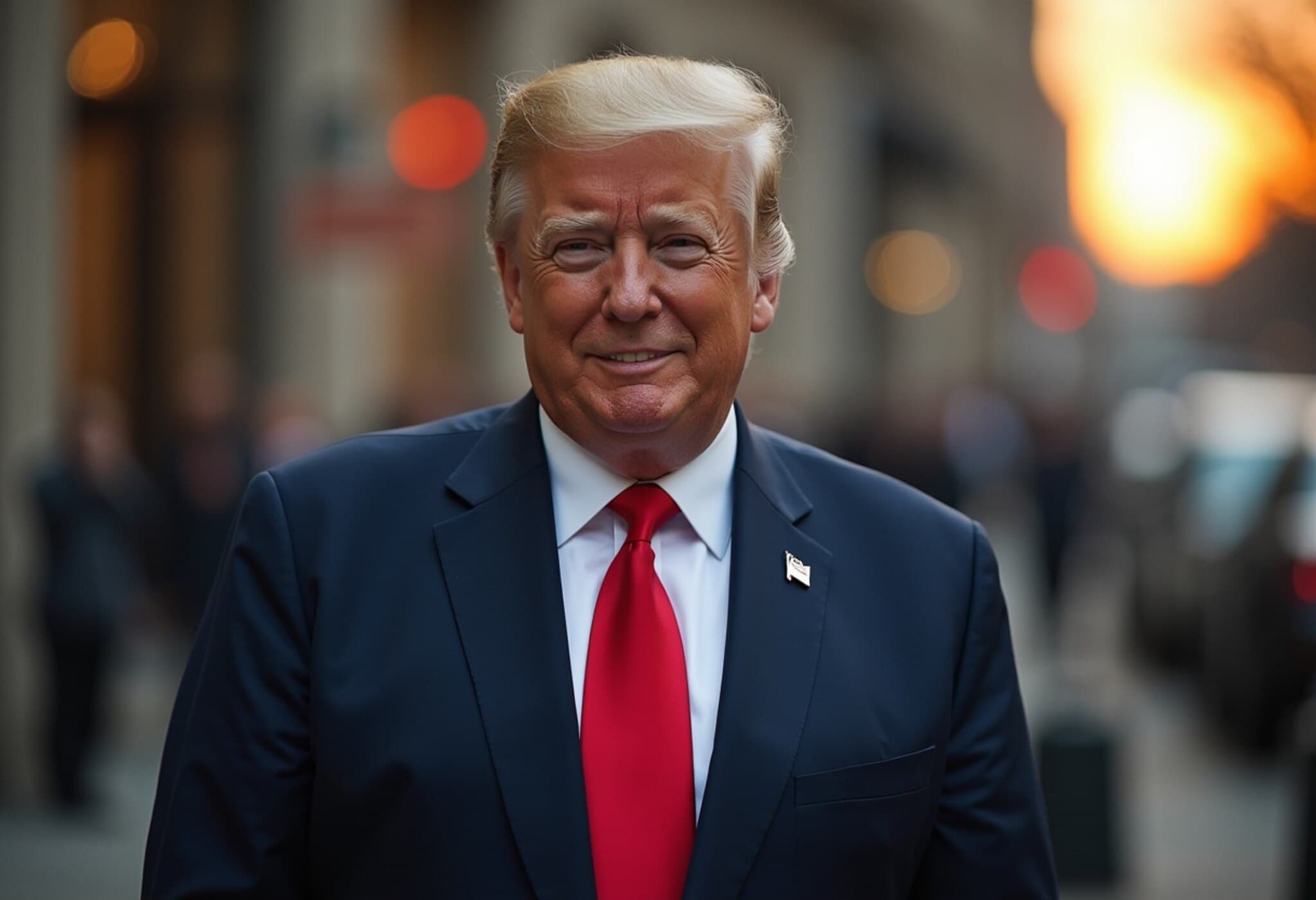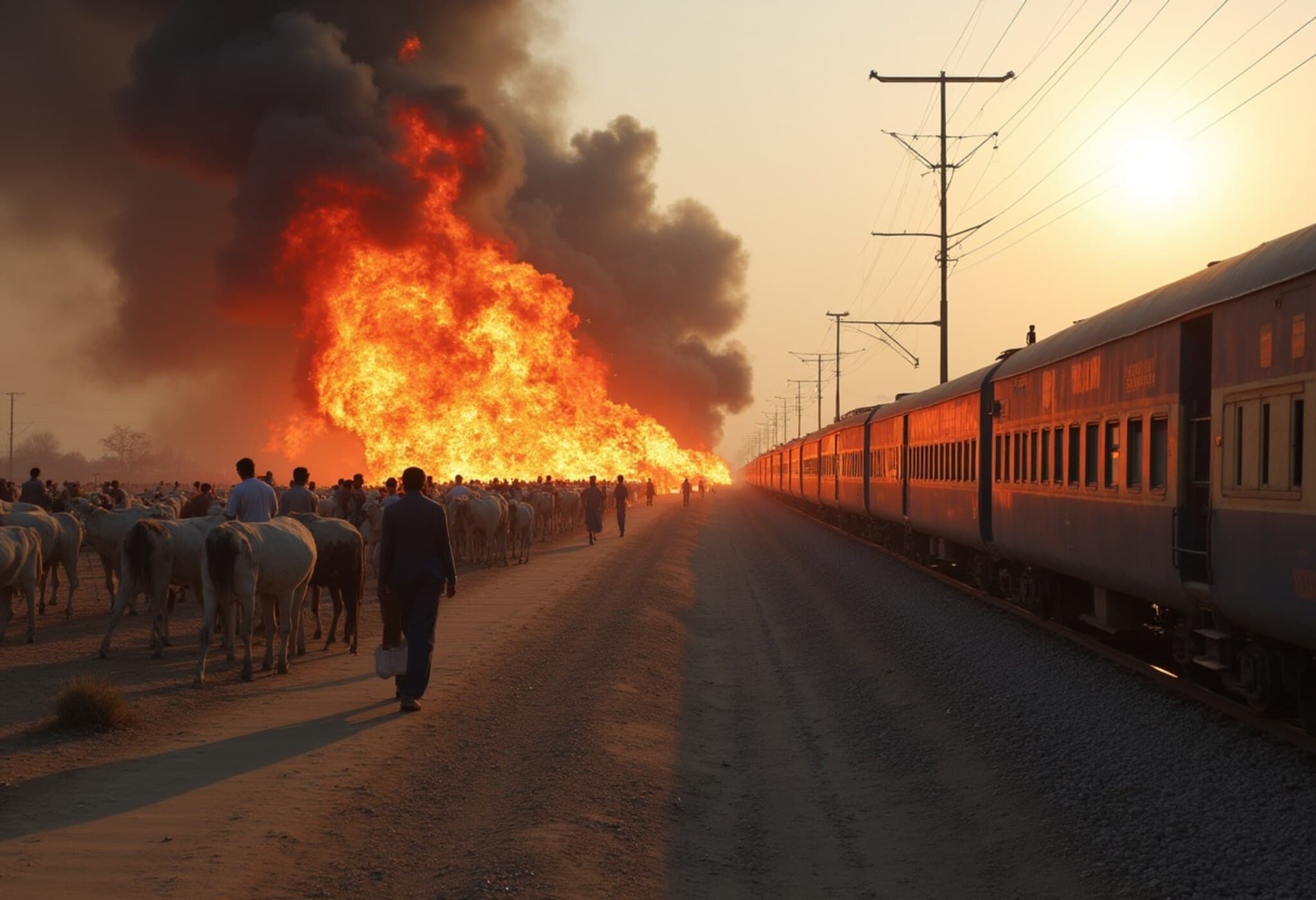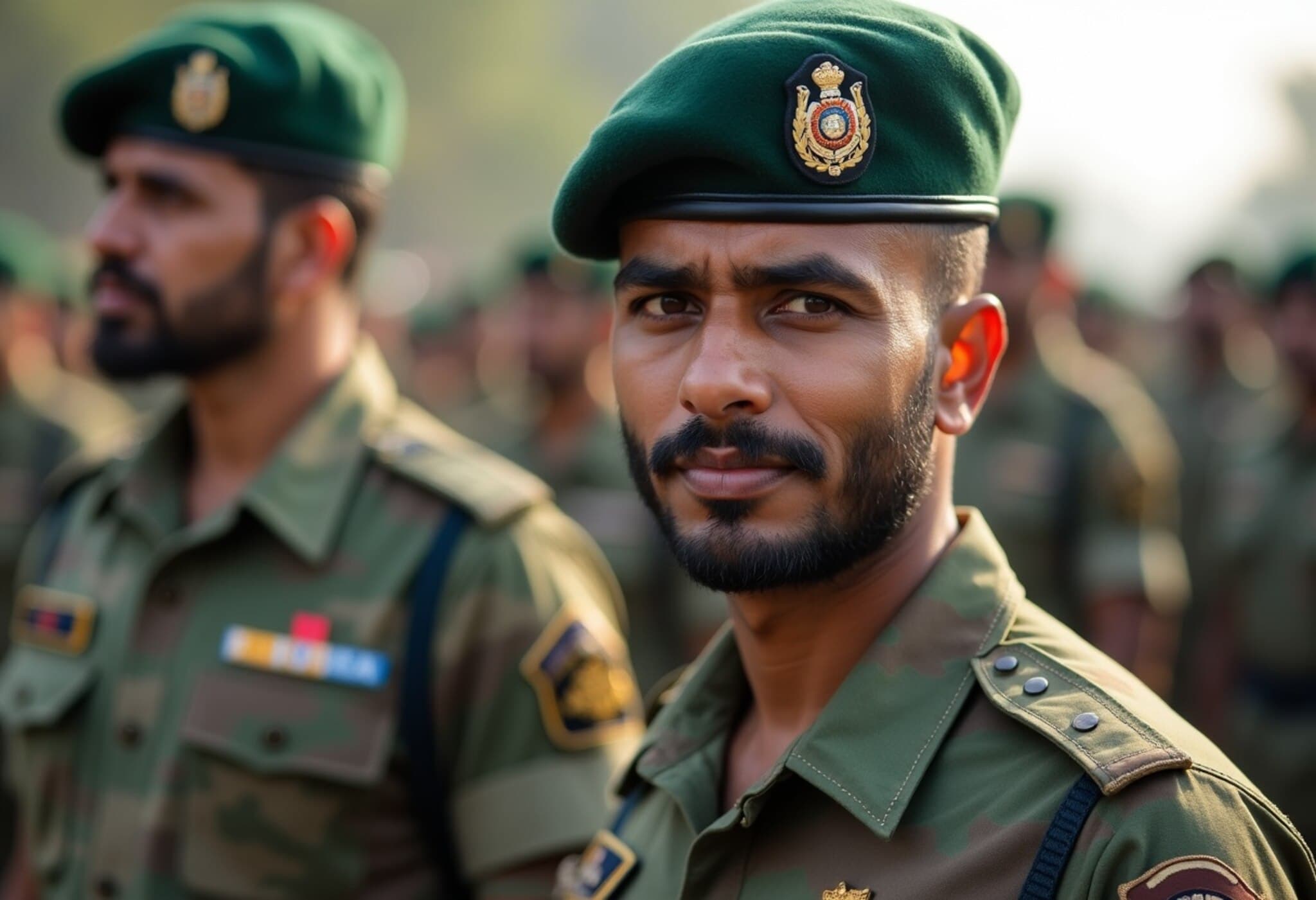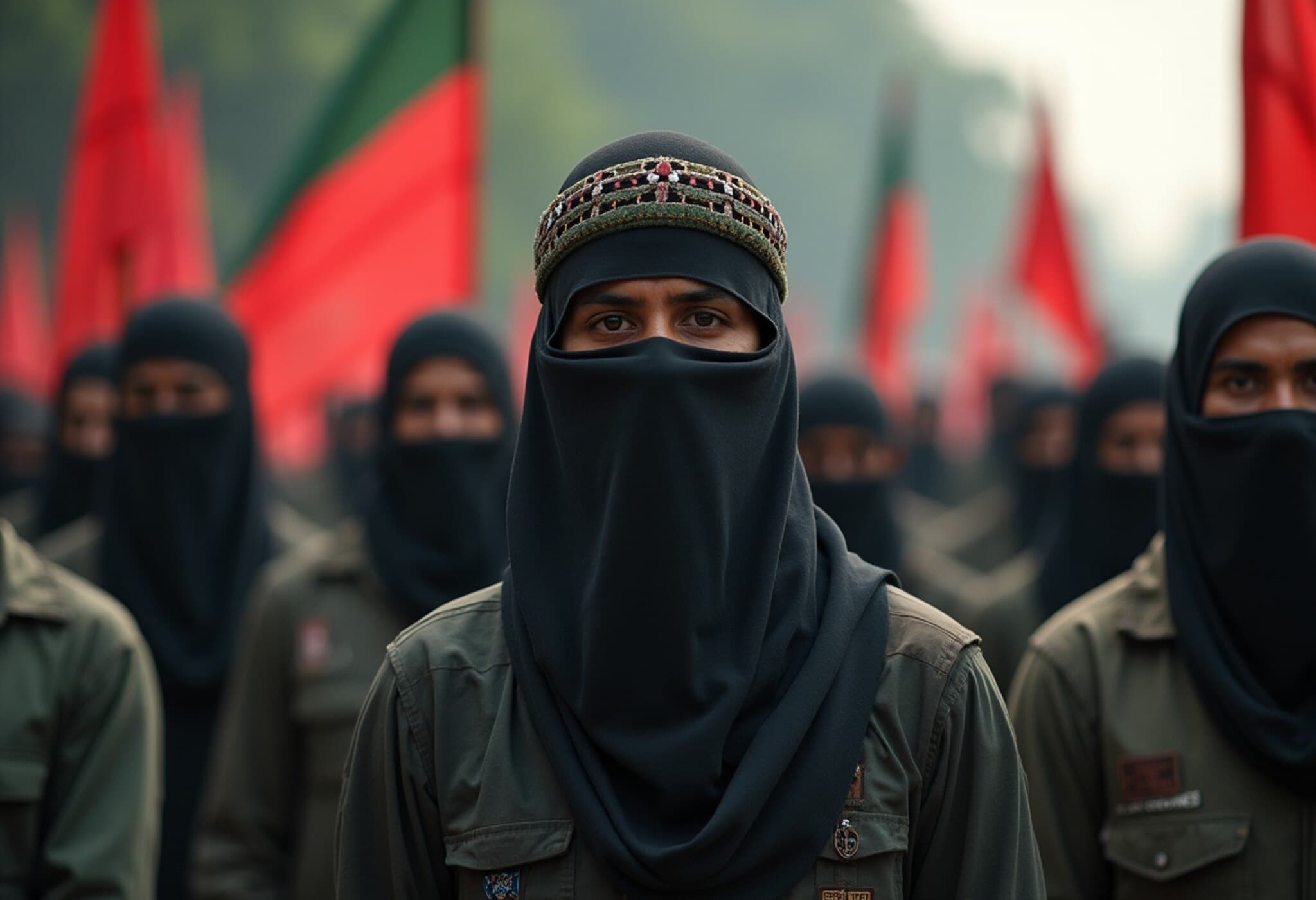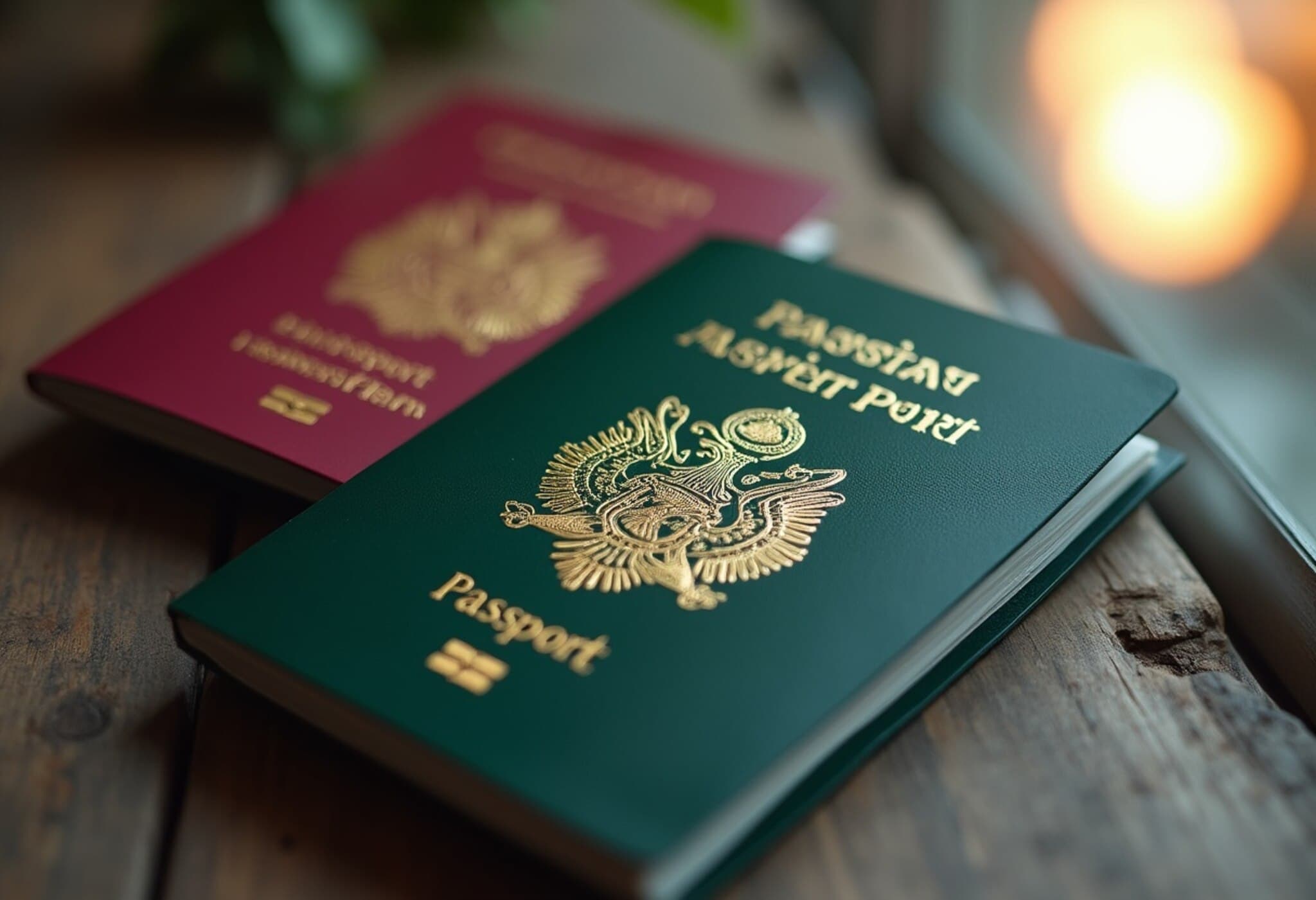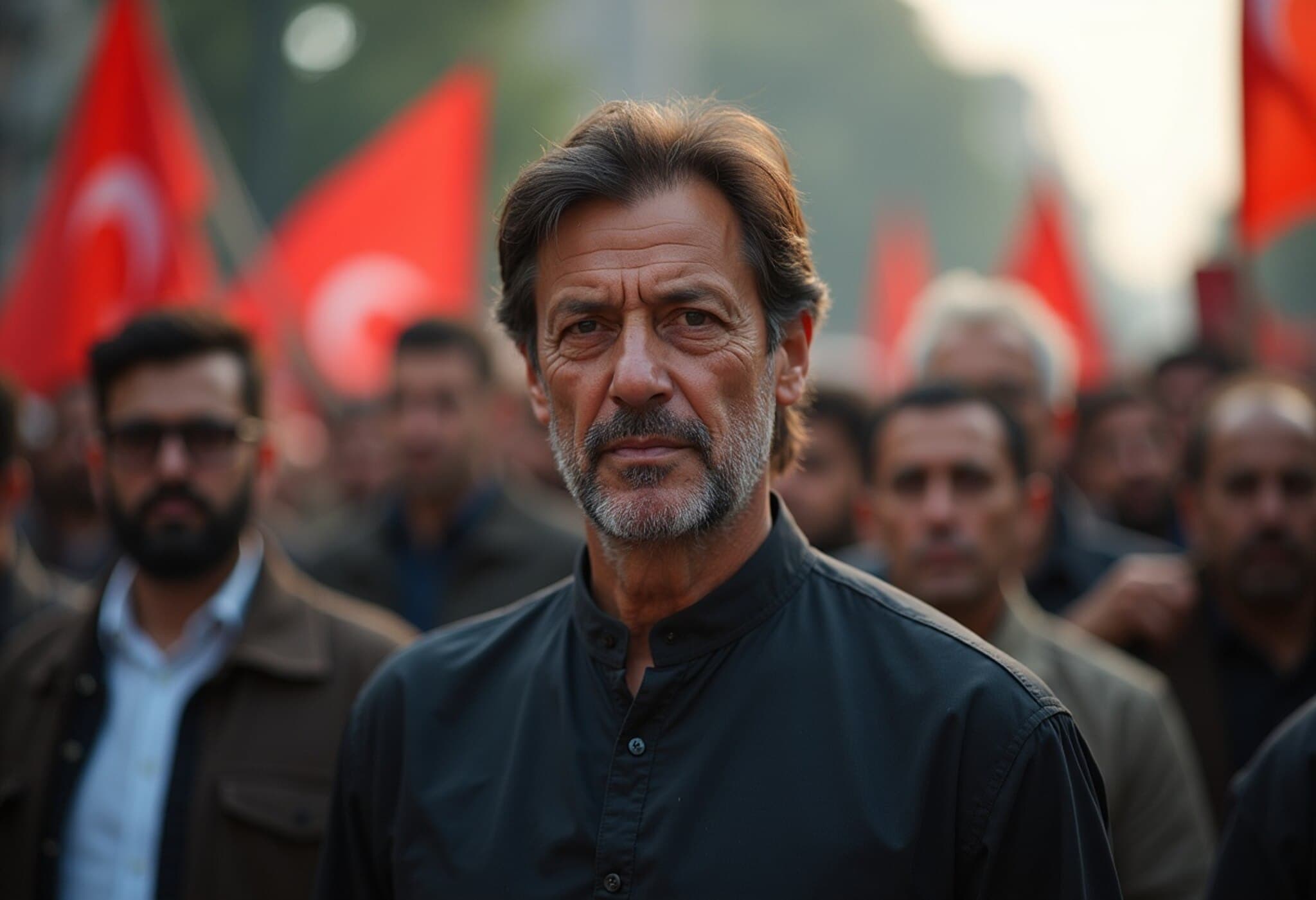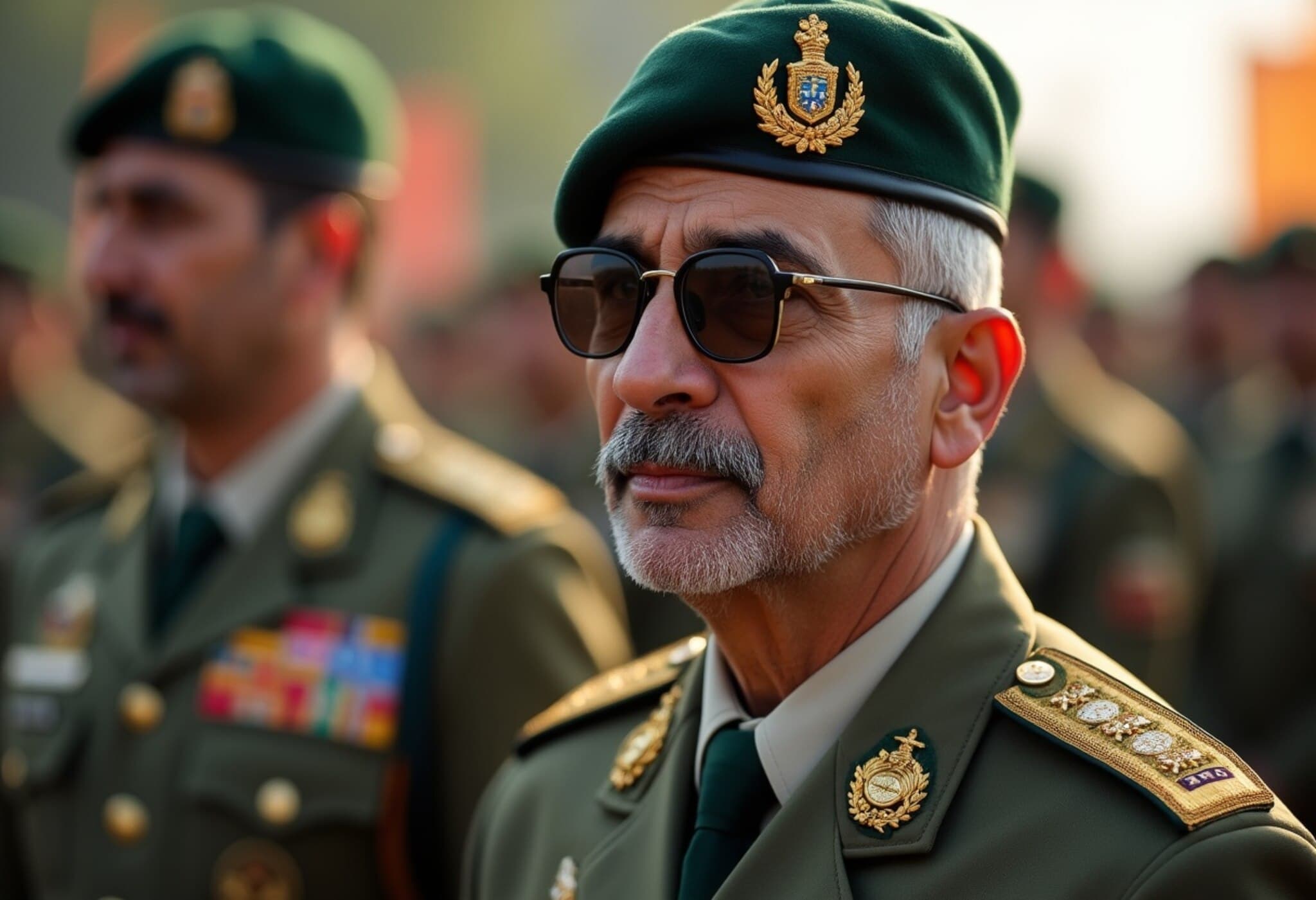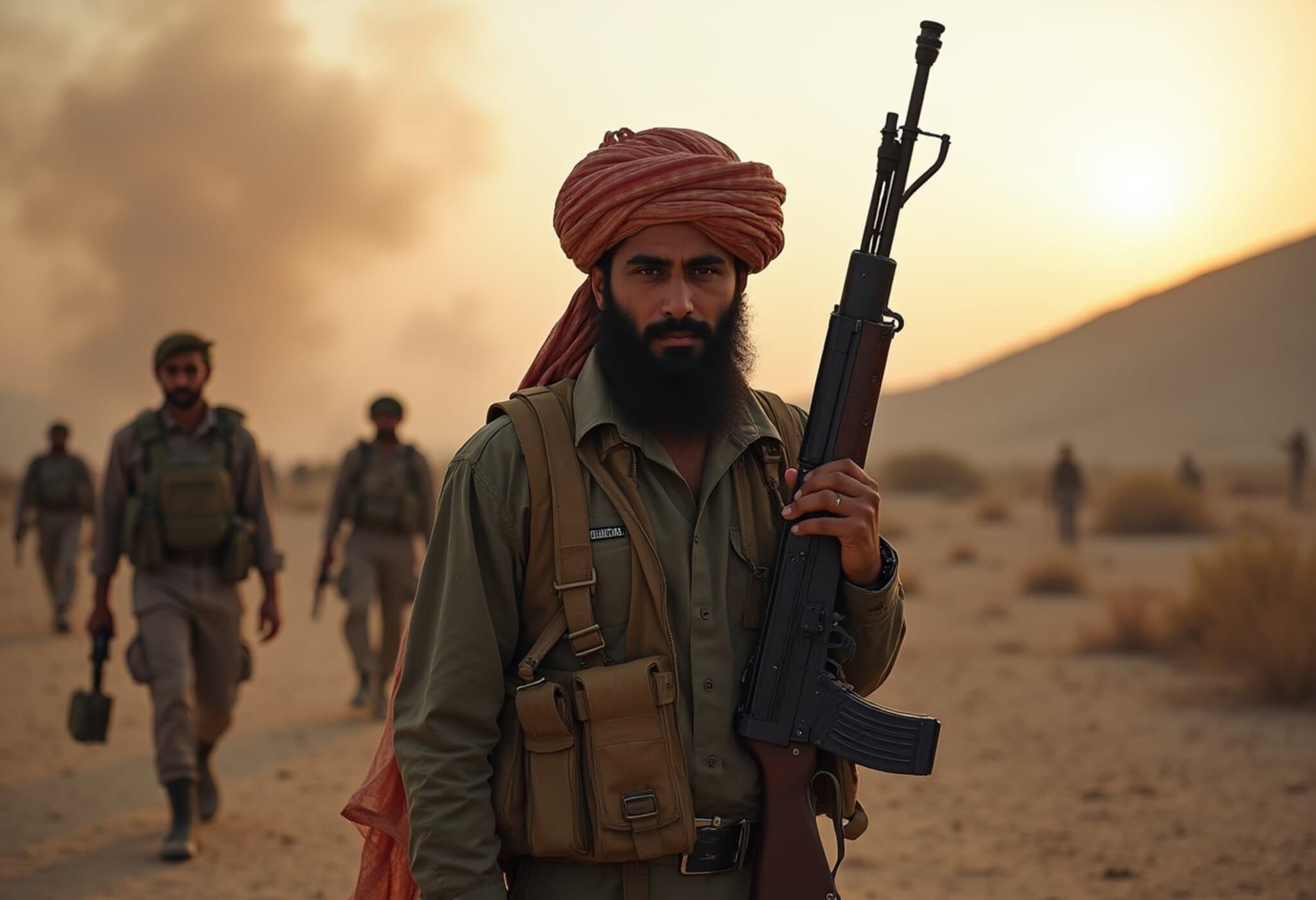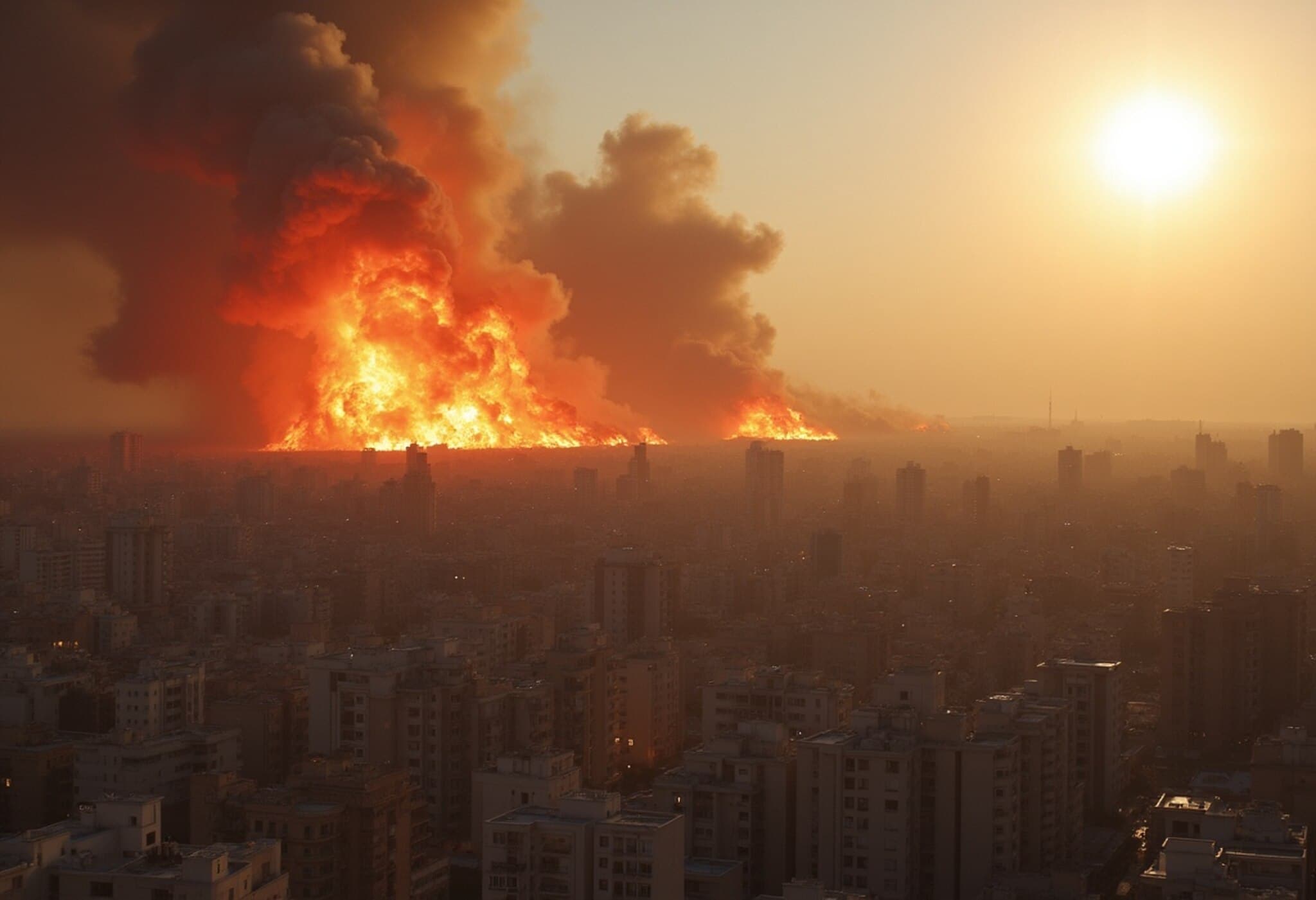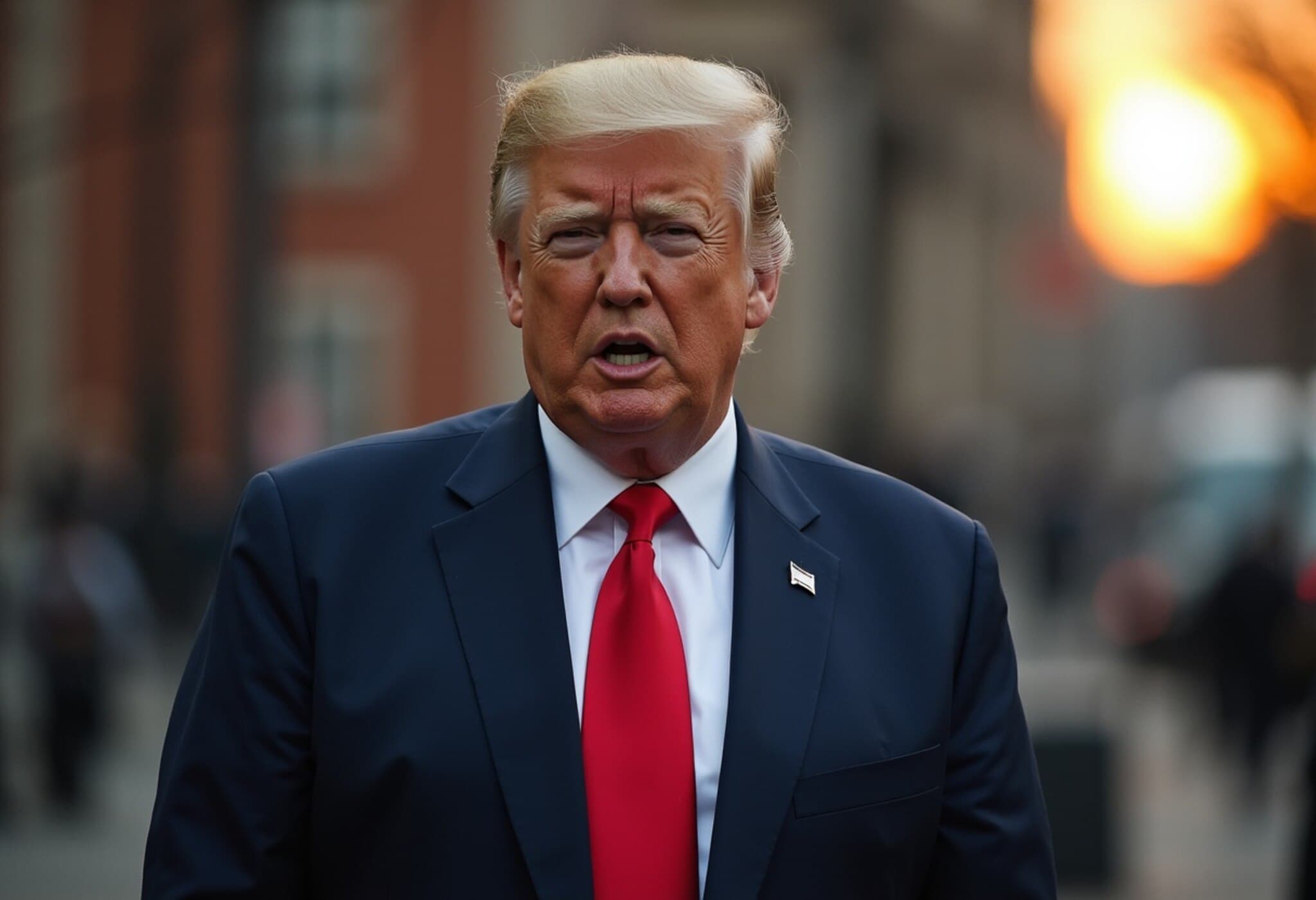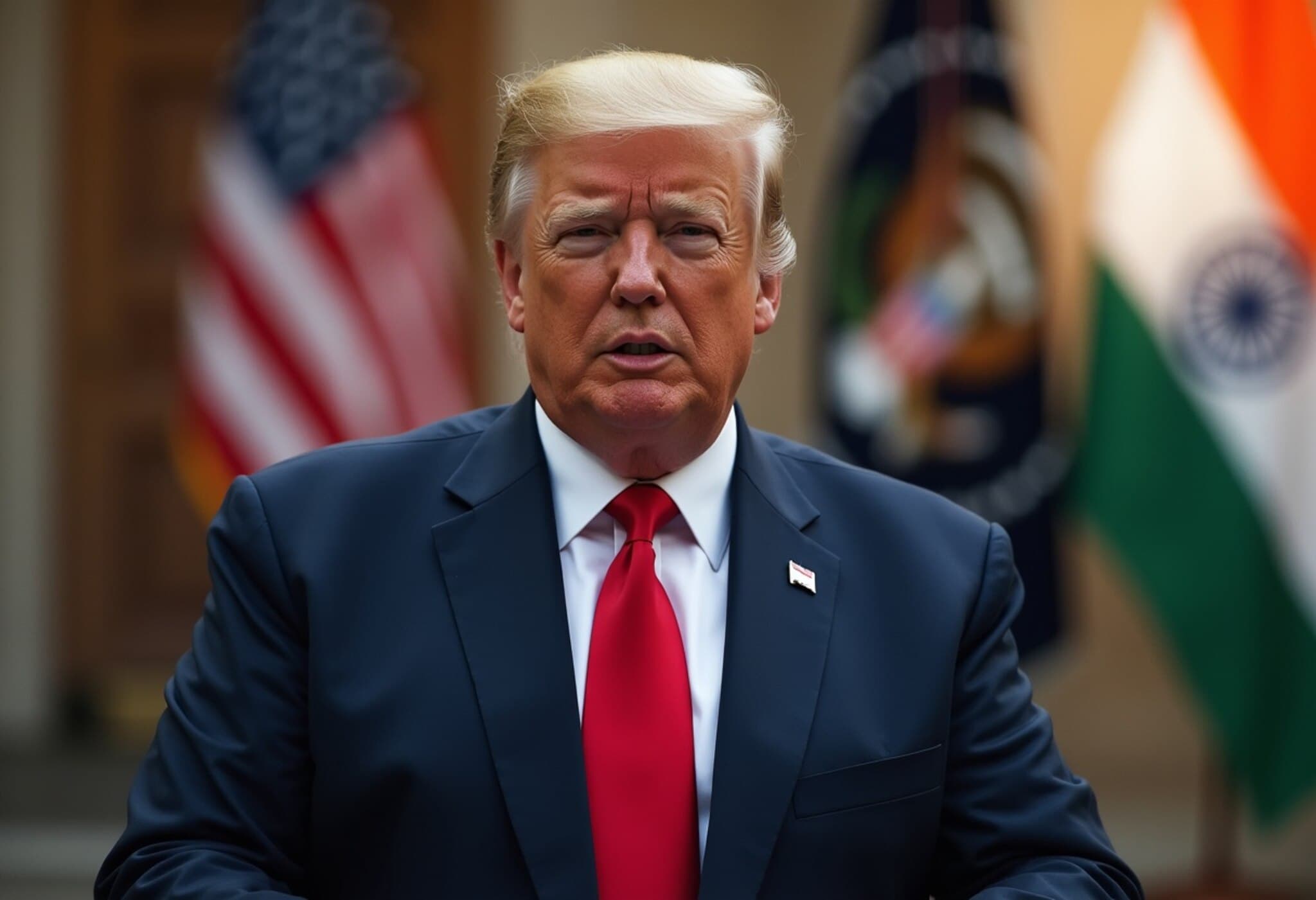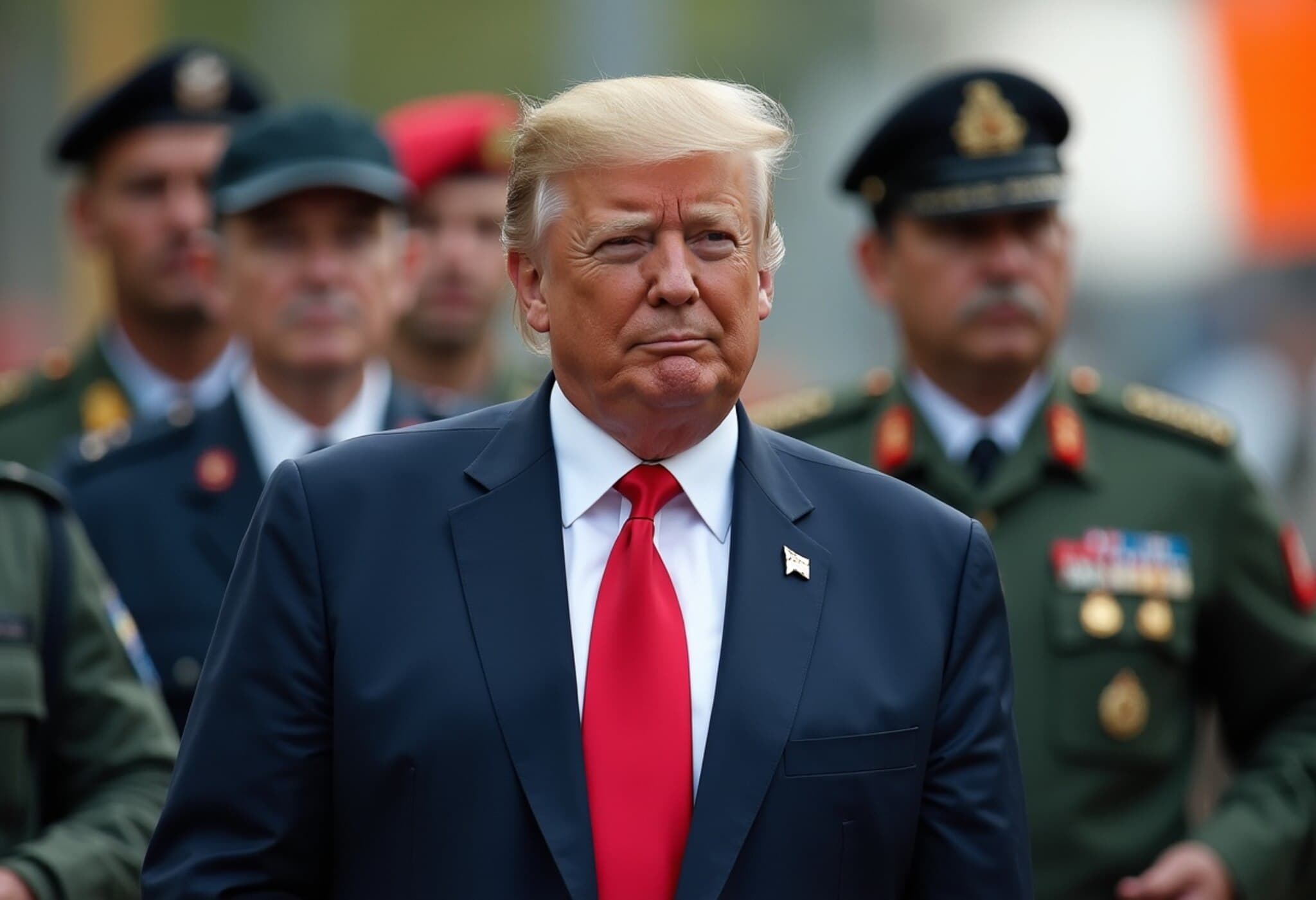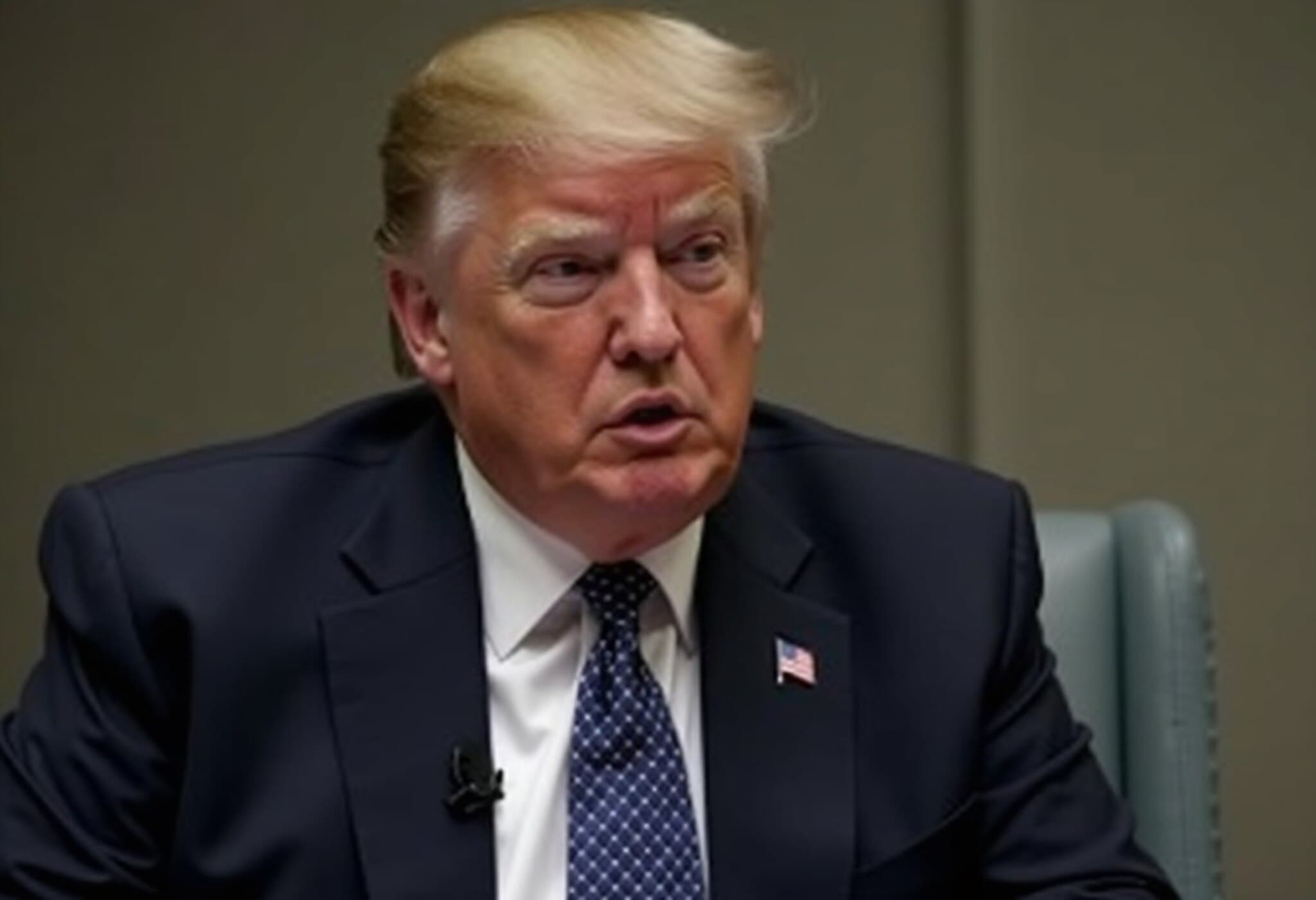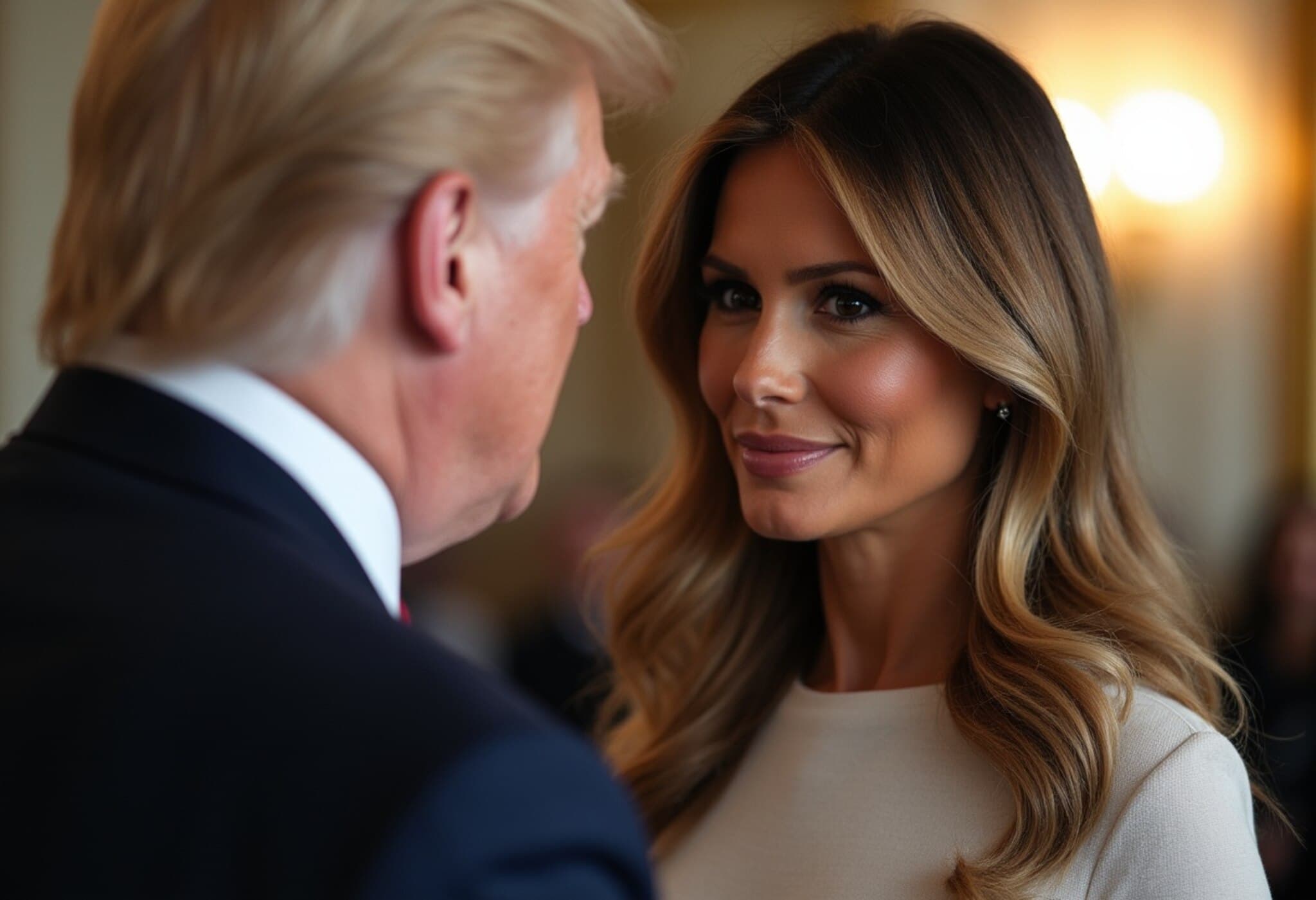Trump Reiterates Claim of Halting India-Pakistan Nuclear Escalation
Former U.S. President Donald Trump has once again asserted that he played a pivotal role in averting a potential nuclear war between India and Pakistan, reviving a narrative he has promoted previously. Speaking about his involvement in international conflicts, Trump highlighted how trade negotiations served as leverage to de-escalate tensions, alongside references to peace efforts in Africa.
Claiming Diplomatic Success on South Asian Conflict
Addressing the media, Trump stated, “We've been very successful in settling wars. You have India and Pakistan. You have Rwanda and the Congo, which was going on for 30 years. India, by the way, Pakistan would have been a nuclear war within another week, the way that was going. That was going very badly, and we did that through trade. I said, ‘we're not going to talk to you about trade unless you get this thing settled,’ and they did, and they were both great, great leaders.”
While Trump’s remarks suggest direct U.S. intervention via trade pressure led to a peaceful resolution, the historical timeline and records demonstrate a more complex and volatile sequence of events on the ground.
Context: Escalation and Indian-Pakistani Military Actions
The backdrop to Trump's claims involves a spike in hostilities following a terrorist attack on April 22, 2025, in the Anantnag district of Jammu and Kashmir, which resulted in 26 fatalities. The attack was attributed to Pakistan-backed militants and coincided with a visit by then U.S. Vice President JD Vance to India.
In retaliation, India launched precision airstrikes on May 7 targeting terror infrastructure within Pakistan and Pakistan-occupied Kashmir (PoK). Pakistan responded with drone and missile attacks on Indian territory, though all were effectively intercepted by Indian air defense systems without causing casualties or damage.
Ceasefire Request Initiated by Pakistan Amidst Escalation
Contrary to Trump's narrative of trade leverage forcing peace talks, the de-escalation primarily started when Pakistan’s Director General of Military Operations (DGMO) reached out to his Indian counterpart, requesting a cessation of hostilities across land, air, and sea fronts. This diplomatic channel facilitated a gradual cooling of tensions after weeks of intense military exchanges.
India’s firm stance was underscored by subsequent strikes on eleven Pakistani airbases, including strategic locations such as Nur Khan and Rahim Yar Khan, signaling its resolve against cross-border terrorism.
Expert Commentary: The Nuances Behind High-Stakes Diplomacy
Experts assert that while the U.S. undoubtedly plays a critical role in South Asian geopolitics, attributing the prevention of a nuclear war solely to American trade diplomacy oversimplifies a deeply intricate situation. Regional dynamics, military strategies, and bilateral communications between India and Pakistan contributed significantly to the eventual de-escalation.
Furthermore, analysts caution against political figures' tendency to overstate achievements for domestic audiences, urging a balanced perspective that recognizes the manifold actors and efforts involved in such fraught conflicts.
Why This Matters to the U.S. and Global Security
- Strategic Stability: India and Pakistan are nuclear-armed neighbors with a history of conflict, making any escalation a global security concern.
- U.S. Diplomatic Role: The U.S. continuously seeks to promote peace in South Asia as part of its wider foreign policy objectives and to ensure regional stability.
- Lessons in Conflict Resolution: The episode highlights how military posturing, back-channel negotiations, and third-party diplomacy interplay to prevent escalation.
Looking Ahead: Unanswered Questions and The Path to Lasting Peace
While recent hostilities have subsided, tensions remain palpable between India and Pakistan. Key questions endure:
- Can trade and economic incentives reliably serve as peace tools in entrenched territorial conflicts?
- What role should global powers like the U.S. play in facilitating dialogue in the Kashmir dispute?
- How can regional actors sustain de-escalation without compromising sovereignty and security imperatives?
Understanding these complexities is critical as the world watches one of the most sensitive bilateral rivalries closely tied to nuclear stability.
About the Author
The TOI World Desk combines seasoned journalism with deep international policy analysis to provide nuanced, factual coverage of global affairs. Their work emphasizes critical context and clarity, empowering readers to grasp the broader stakes behind headline events.
Editor's Note
This evolving story underscores the delicate balance between political narrative and ground realities in international conflict. While leadership claims of success grab attention, readers should consider the multifaceted nature of diplomacy and the vital contribution of less-publicized actors in conflict resolution—reminding us that peace often results from sustained, behind-the-scenes efforts rather than public declarations alone.

